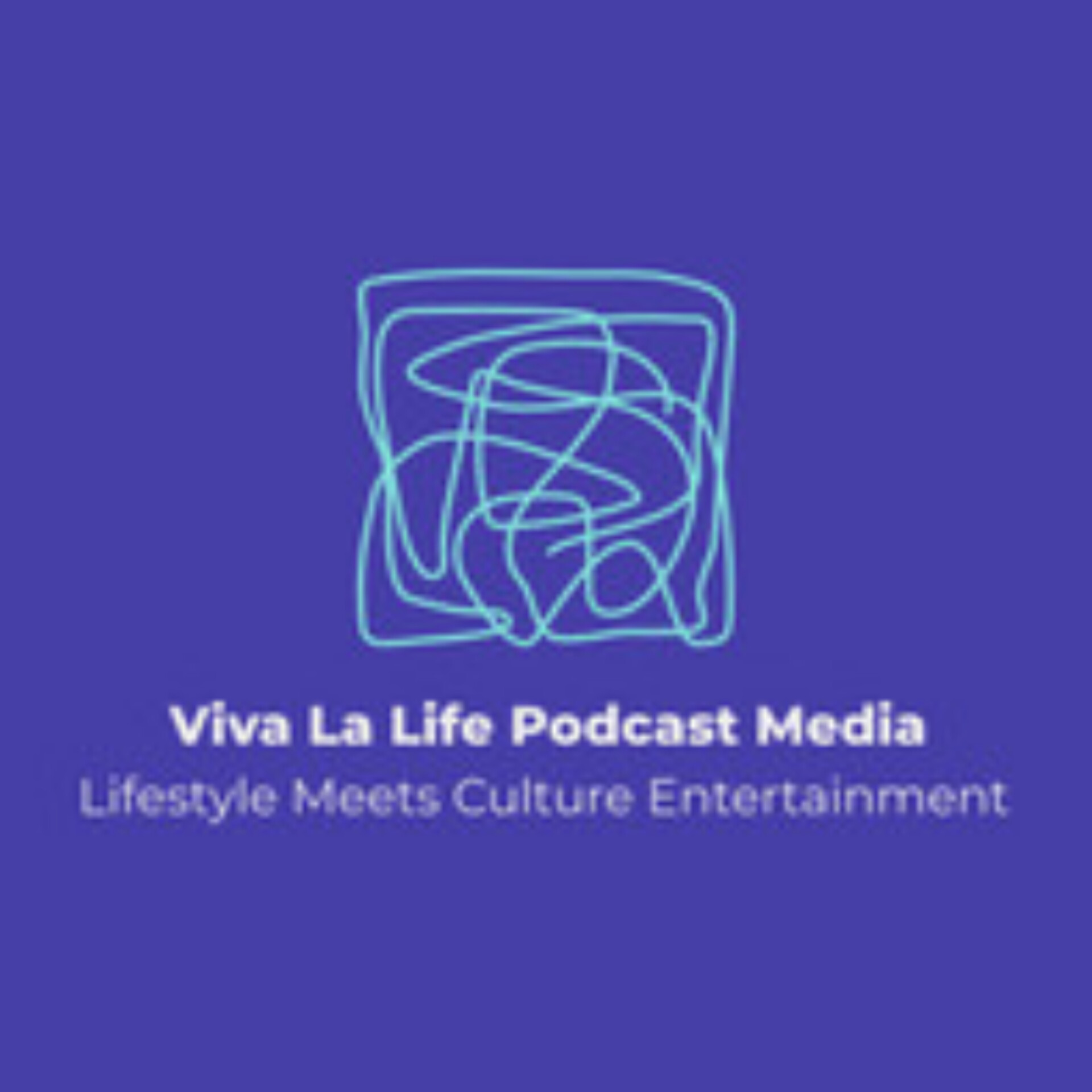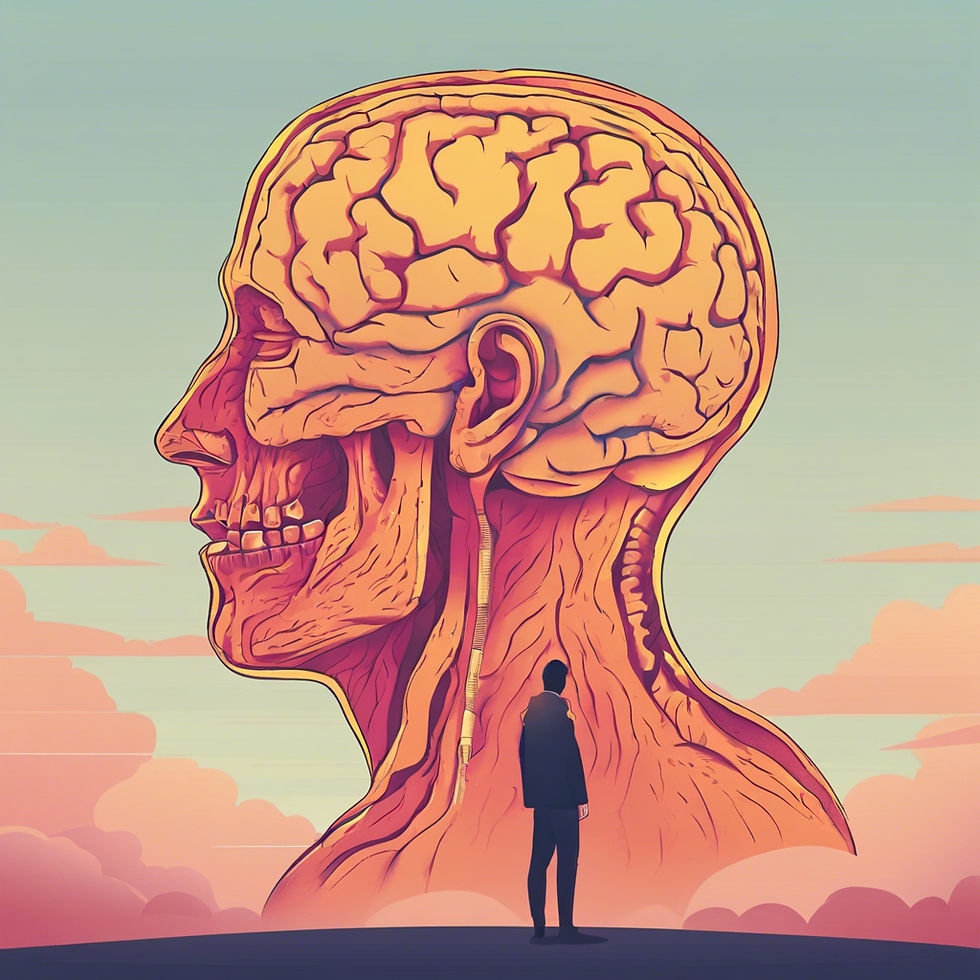God Mode or Glitch in the Matrix? Mental Health, Religion, and How We Cope Across Generations
- Ash Tonee
- 13 minutes ago
- 3 min read
What's Up Viva Fam,

Let's be real, the connection between what's going on in our heads and what we believe in is… complicated. Like, seriously tangled. It's not as simple as "religion fixes your mental health" or "religion messes you up." It's way more of a vibe check across different generations, and how we've all approached it is pretty different.
Think about our grandparents' generation, the Boomers and older. For many of them, religion was often the OG support system. It was the bedrock of the community, the place you went for comfort, for answers, and to feel like you weren't alone. Church, synagogue, mosque – it was the built-in therapy session, minus the therapist (and maybe with a little more judgment, let's be honest). Mental health wasn't really "a thing" people talked about openly. If you were struggling, it was often framed through a religious lens – maybe you needed more faith, maybe you were being tested, maybe… well, let's just say the explanations weren't always the most helpful.
Fast forward to Millennials and Gen Z. We're a whole different ballgame. We've grown up with more open conversations about mental health, even if there's still stigma to smash. We've got TikTok therapists (take with a grain of salt, obvi), online communities, and a general understanding that feeling anxious or depressed isn't a moral failing. So, how does religion fit in?

For some in our generations, religion is still a huge comfort. It offers that same sense of community and purpose our grandparents found, but maybe with a more open and accepting vibe in some spaces. You see progressive religious groups actively working to destigmatize mental illness and offer support. Prayer and meditation are still tools, but they might be paired with actual therapy and medication without the guilt trip.
But for a lot of us, the connection looks different. We might be spiritually inclined but not traditionally religious. We might find our "church" in nature, in activism, in chosen online communities, or in mindfulness practices that aren't tied to a specific doctrine. We're more likely to Google our symptoms than ask the priest first.
And let's be real, some of the negative baggage associated with religion – the judgment, the outdated views, the "pray it away" mentality – can be a huge turn-off. We've seen the harm it can cause, the guilt it can pile on, especially when it comes to things like sexuality, identity, and yes, mental health. For some, religion feels like a source of anxiety rather than a solution.

We also see how mental health itself can shape our spiritual experiences. Someone going through psychosis might genuinely believe they're hearing divine voices. Someone with depression might feel utterly disconnected from any sense of a higher power. It's not about "real" or "fake" – it's about how our brains process the world and our beliefs.
Ultimately, there's no one-size-fits-all answer. For some, religion is a lifeline, a source of strength in navigating mental health challenges. For others, it's a neutral or even negative force. And for many, it's somewhere in between – a complex part of their identity that they navigate with their own unique understanding.
The key takeaway? It's about what works for you. Whether that's finding solace in ancient texts, connecting with a supportive faith community, finding peace in nature, hitting up a therapist, or all of the above – the goal is to find what helps you feel grounded and healthy. Our generation is pretty good at questioning the status quo, and that includes how we approach both our mental well-being and our spiritual beliefs. It's a journey, not a dogma, and we're all figuring it out in our own way.
What's your take? How has your generation's approach to religion and mental health differed from previous generations you've observed? Have you found religion to be a source of support, a challenge, or something else entirely in your own mental well-being journey? Share your thoughts in the comments below!





Kommentit